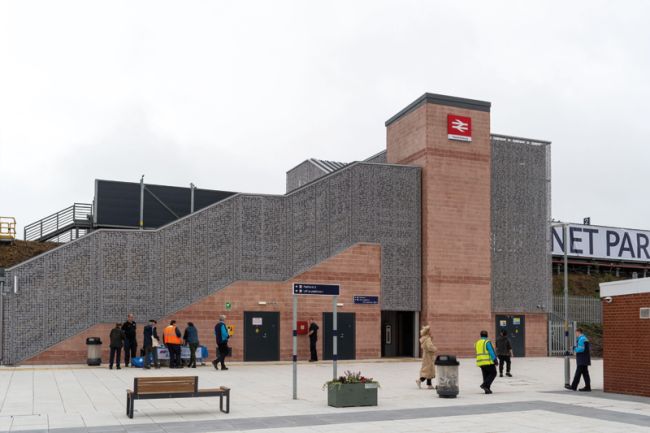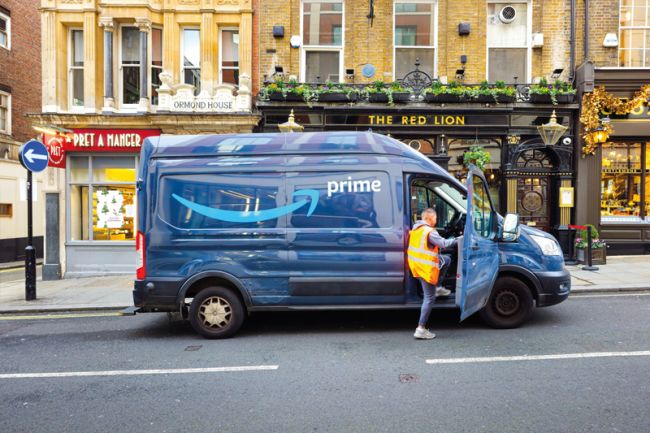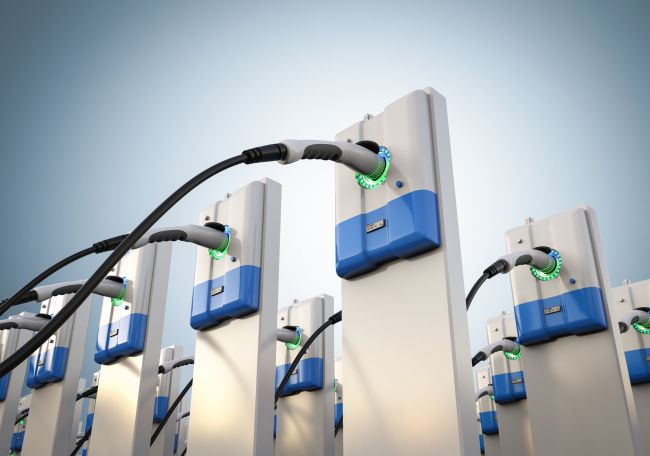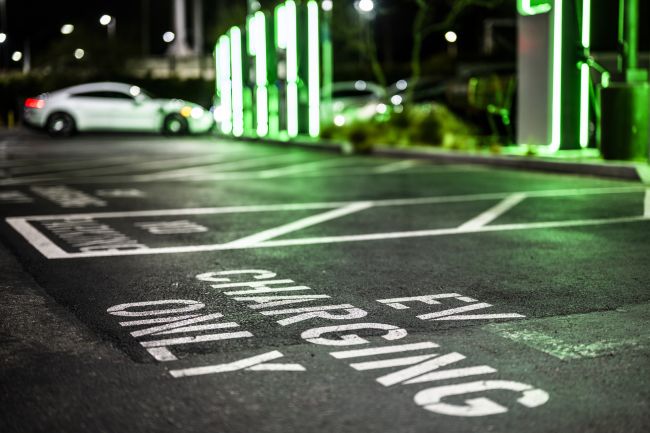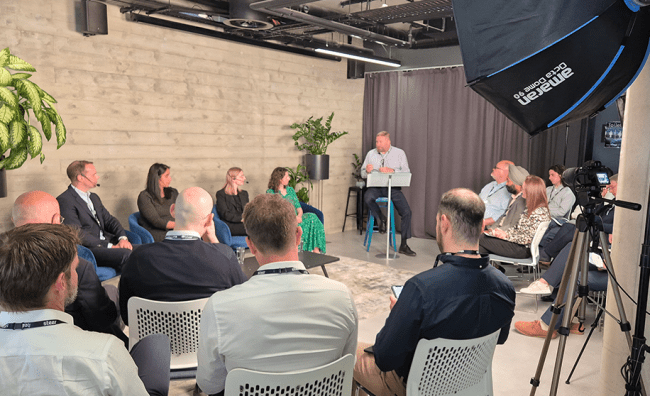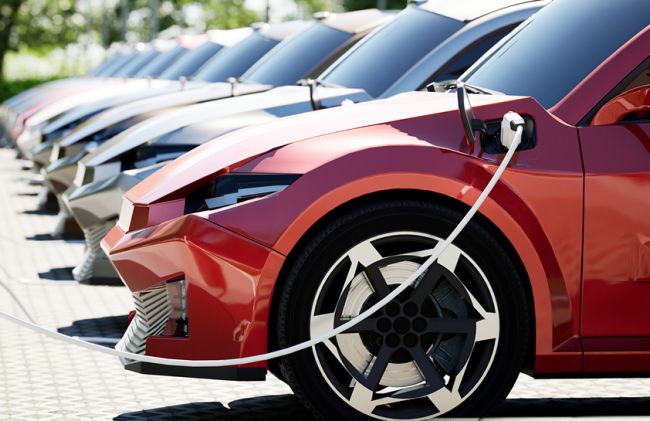Can bus franchising help further the UK’s journey to zero emission bus fleets?
Does bus franchising enable faster ZEB rollout? Cities like Manchester and Liverpool offer early clues.

Earlier this month, the government announced that the 12 local authorities that would benefit from £38 million were set to put 312 zero-emission buses (ZEBS) on the roads.
The winners can be found from Hull to the Isle of Wight, with the funding expected to perform the double purpose of decarbonising public transit and boosting the UK green economy.
The last three years have already seen a fundamental change to the ZEB market thanks to the £270 million worth of central government funding from the Zero Emission Bus Regional Areas (ZEBRA) programmes. The funding, combined with supportive Local Transport Authorities and willingness from private bus operators, has created significant momentum in the drive toward ZEBs across the country.
While funding, technology, and environmental policy are key drivers, another factor emerging as a powerful enabler is bus franchising.
In 2021, Greater Manchester was the first area to make the decision to deliver a franchising scheme, with the Liverpool City Region, West Yorkshire, South Yorkshire and Cambridge and Peterborough following suit.
Combined Authorities have clear environmental policies that are supported by the ZEB transition. Both Greater Manchester and West Yorkshire are aiming for Net Zero by 2038, with electric buses at the heart of their plans. In Greater Manchester, it’s projected that by the end of this year, 25% of the region’s bus fleet will be ZEB, while West Yorkshire boasts a 10% electrified fleet currently, with a goal of half by 2030.
While franchising was originally a way for combined authorities to bring bus services under public control, the process offers unique qualities that can underpin a clean, electrified bus transition, including:
Centralised decision making: In a franchising model, the authority oversees strategic decision making on the bus network, including fleet and depot strategy. This enables the opportunity for the development of unified plans for acquiring and deploying ZEBs at a network-wide level that can provide stability for manufacturers and chargepoint operators.
Long-term funding streams: The central decision-making of a franchising authority and access to public funding allow for long-term planning and funding of the ZEB transition. This offers stability to the ZEB market as authorities are likely to have a smoother long-term fleet replacement profile compared to the lumpiness of central government grant programmes. Equally, if the franchising authority is not financing a ZEB fleet directly, the stability of typical longer-term agreements with operators gives operators the confidence to invest in ZEBs and related infrastructure.
Streamlined procurement: A centralised franchising authority can negotiate bulk purchases of electric buses and charging infrastructure, potentially securing lower costs through economies of scale. This can also ensure standardised technology and interoperability through the coordination of fleet specifications.
Charging infrastructure coordination: Allows for central coordination in the planning and deployment of charging infrastructure at depots (and along routes), especially if the franchising authority has ownership over the depot sites. This potentially leads to better coordination in the conversion of depots, ensuring compatibility and potentially efficiencies of use.
While franchising can help with ZEB transition, it is not a silver bullet.
There are high initial costs; electrification (not to mention other green fuels like hydrogen) requires significant upfront investment in buses and charging infrastructure and while combined authorities have access to public funding sources, these are not unlimited.
Deliverability and deployment require careful consideration. The pace of transition will impact implementation timing, replacement of older diesel fleets and alignment to policy targets, as well as power grid capacity or hydrogen supply chain challenges. Fleet replacement strategy must also ensure equity of deployment of new ZEBs across often economically disparate regions of combined authorities.
Fleet electrification is not all straightforward, with depot electrification in particular offering unique challenges. A depot full of electric vehicles does not operate in the same way as a depot for ICE vehicles, with infrastructure, charging and fleet entry and exit, all presenting logistical challenges.
The same can be said for adapting the power supply for bus depots. Existing bus depots are not necessarily located in convenient spots for heavy-duty power supply, which can increase the cost of electrification. This on-the-ground scenario prompts the question of whether a new depot would be more suitable than laying high-voltage cables to upgrade existing ones.
With the upcoming Better Buses Bill, more local authorities have the opportunity to move to bus franchising or even operate their own bus company, accelerating the transition over the coming years.
The shift to zero-emission buses is essential to meeting climate targets, but it is complex and requires effective governance, funding, and operator partnerships. By giving local authorities the tools to coordinate fleets, infrastructure, and funding, bus franchising is one of the most powerful levers in this transition.
How can Steer help?
Bus services are front and centre of not just the UK Government’s transport policy but also economic growth, community building, and climate goals. As other Combined Authorities across the UK eye pathways to bus franchising and smaller authorities anticipate new powers under the Better Buses Bill, bus fleet electrification can offer a solution to more than one policy area.
Steer has supported West Yorkshire and Liverpool City Region and is currently supporting West Midlands on its franchising assessment, as well as West Yorkshire with the transition to franchising, in particular on the electrification of fleet and depots. Our work to date helping Combined Authorities assess the case for bus franchising and through implementation, demonstrates how we are supporting the ZEB transition and helping to navigate the complexities that can arise.



